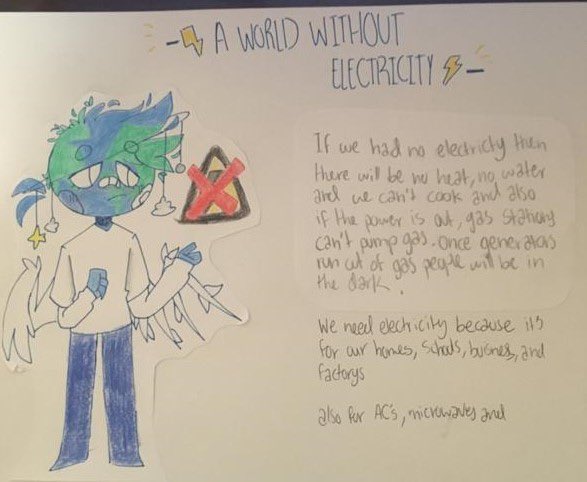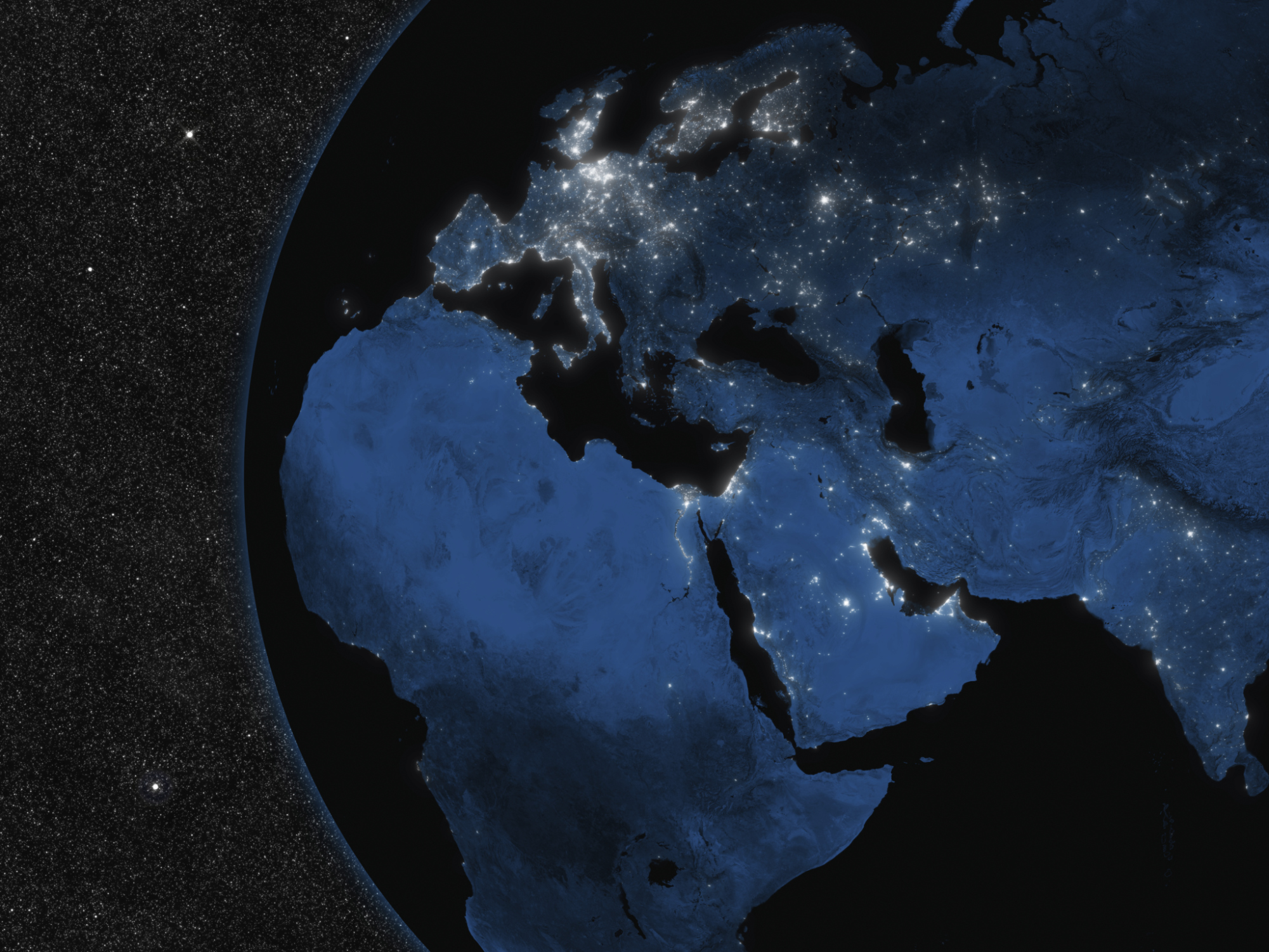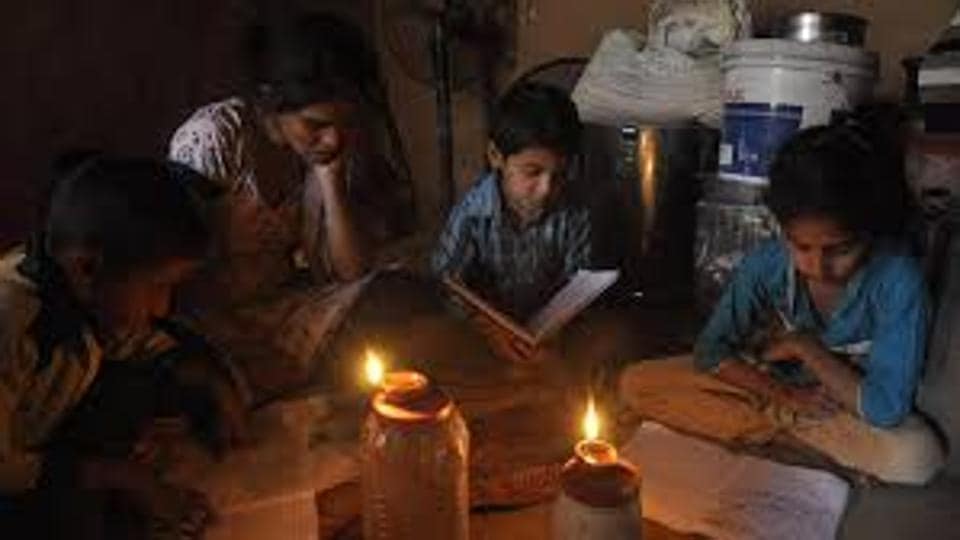Electricity is a fundamental part of modern life, and it is hard to imagine what life would be like without it. Electricity powers almost everything we use on a daily basis, from the devices we use to communicate and access information, to the appliances that make our lives more convenient and comfortable. Without electricity, many aspects of our daily routines would be disrupted, and the world as we know it would be drastically different.
One of the most immediate and noticeable effects of living without electricity would be the lack of access to light. Without electric light, we would be reliant on natural light during the day and candlelight or other forms of artificial light at night. This would make it difficult to see and work in the evenings, and could limit the amount of time we have available for activities such as reading, studying, and working. It would also be more difficult to safely navigate the world at night, which could lead to accidents and injuries.
Another major impact of living without electricity would be the inability to use electronic devices and appliances. We rely on electricity to power our phones, laptops, and other devices, as well as appliances such as refrigerators, ovens, and washing machines. Without these devices, many tasks would become much more time-consuming and labor-intensive. We would also have to find alternative ways to preserve food, such as through canning or drying, and would have to wash clothes by hand.
The lack of electricity would also affect our ability to communicate with others. Without electricity, we would not be able to use phones, email, or social media to stay in touch with friends and family. This could lead to feelings of isolation and disconnection, and make it more difficult to access information and stay up-to-date with current events.
In addition to the personal impacts, the lack of electricity would also have serious economic and societal consequences. Many businesses and industries rely on electricity to function, and without it, they would be unable to operate. This could lead to widespread unemployment and economic disruption, as well as a decline in the production and distribution of goods and services.
Overall, life without electricity would be vastly different from the way we currently live. It would be difficult to see and work in the evenings, and we would have to find alternative ways to power our devices and appliances. Communication and access to information would be limited, and there would be significant economic and societal consequences. While it is impossible to know exactly what life would be like without electricity, it is clear that it would be much more challenging and inconvenient than it is today.








